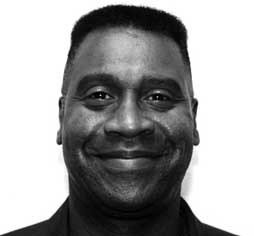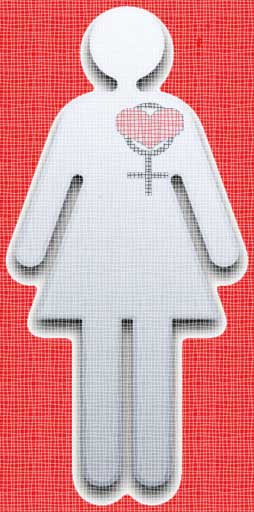
Dr. Robert McKizzie, associate professor of economics on SE Campus, explains what economic recession is and how it affects students.
Q. What is an economic recession?
An economic recession occurs when the gross domestic product growth is negative for two consecutive quarters or more; however, one can feel like she/he is in a recession before it officially occurs. Typically, a recession is preceded by positive economic growth. The symptoms of a recession are the GDP growth slows, businesses stop expanding, employment falls, unemployment rises and housing prices decline.
Q. How can students prepare for it financially?
I share with the students that they are ahead of the curve because they are attending school. Attendance in school is the first step in preparation for a recession; however, preparation is followed best by pursuing their course of study diligently and aggressively by researching opportunities and positions that the job market is in dire need of that fits their interest. It is my belief that the student should pursue some type of certification during the quest for a degree. The achievement of a certification in some workforce preparation program can assist students more quickly while advancing toward the baccalaureate degree and yet building workforce experience and workforce maturity.
Q. How will it affect college students?
Historically in times of recession, more people became students. For example, take a look at the SE Campus. Student enrollment is 5,000 over capacity and needs expansion of its facilities to accommodate student demand. Students are enrolling to meet future financial needs and to minimize the dilemmas of recessionary tendencies. Recent studies show that students are prudent when they seek educational financial aid and a number of other government funds for which they may qualify to enable them to minimize the effects and aftershocks of a recession.
The Conference of Mayors Report shared that “new jobs created after a recession pay significantly less than jobs lost during recession.” According to the report, the wage gap has been the result of the combined effects of the loss of high-paying jobs and post-recession employment growth that has been concentrated in service sectors that pay lower wages. No doubt, no one wants to be the person who has a decrease in their standard of living, but a decrease in the standard of living is what a recession causes students and their families when they occur.
Q. What kinds of jobs will most likely be lost? What kinds of professions are most vulnerable, and which ones will be useful during a recession?
Studies show the following entrenched professions fare well in times of recessions and afterwards. Educational and health services, leisure and hospitality services, and recently the business/professional sectors have created a number of job opportunities. The hardest hit and the most vulnerable industries are large companies with cyclical employment policies, in particular those who produce durable goods such as home construction, the automobile industry, the retail industry, etc.
Q. What are some options for students who lose their jobs? Can they file unemployment status and get help from the government?
One option for students who lose their jobs is that they can sometimes qualify for unemployment benefits. Students can also seek financial aid assistance through their financial aid office at their respective college.
Q. What is the purpose of the economic stimulus checks (tax rebate) issued by the government? Will it help stop an economic recession?
The economic stimulus package or tax rebate checks will help to “jump start” the economy by increasing the marginal propensity to consume. In other words, the stimulus money will enable the consumer to put more money back into the economy by enabling more purchasing power. The main catalyst that will get the economy back to at least 3 percent growth per quarter and stabilize the unemployment rate down to 4.5 percent is job creation. The potential for job creations is why community colleges throughout the nation are overcrowded with rational students who are ahead of the curve.






























